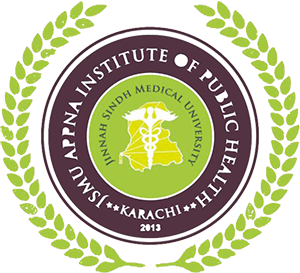Measuring Urban Capacity for Humanitarian Crisis: Piloting an Urban Health Response (MUCHC)

The purpose of this study is to develop and test a City Emergency Health Response Capability Assessment tool (CERC) to measure and score the lifesaving capability of urban health systems in the aftermath of an urban mass casualty event in low- and middle-income countries (LMICs). The final CERC tool is intended to measure the performance of all components of an LMIC city’s emergency health response system; at the level of the community, hospitals, the government, and humanitarian organizations.
The final tool will allow local governments in LMICs to critically evaluate their emergency planning while helping local communities and humanitarian response organizations to advocate for appropriate improvements in collaboration with government. The research will take place in 3 cities: Karachi, Pakistan; Port Harcourt, Nigeria; and Fortaleza, Brazil.
In Karachi, the project is being implemented with the collaboration of APPNA Institute of Public Health - Jinnah Sindh Medical University, Johns Hopkins University, ICRC and Commissioner's Office. The study comprises of four phases which include Development of CERC, Implementation of CERC, Validation of CERC and putting forward suggestions to policy makers for improving the Disaster Management system of the city.






